Domestic coffee prices today
Domestic coffee prices today, July 14, in the Central Highlands region remained unchanged, fluctuating between 89,500 - 90,300 VND/kg.
Accordingly, traders in Dak Nong province are purchasing coffee at 90,300 VND/kg. No change compared to yesterday.
Similarly, coffee prices in Dak Lak province are at VND90,300/kg, unchanged from yesterday.
Coffee prices in Gia Lai province remained unchanged from yesterday and were traded at VND90,200/kg.
In Lam Dong province, coffee prices remained unchanged from yesterday at VND89,500/kg.
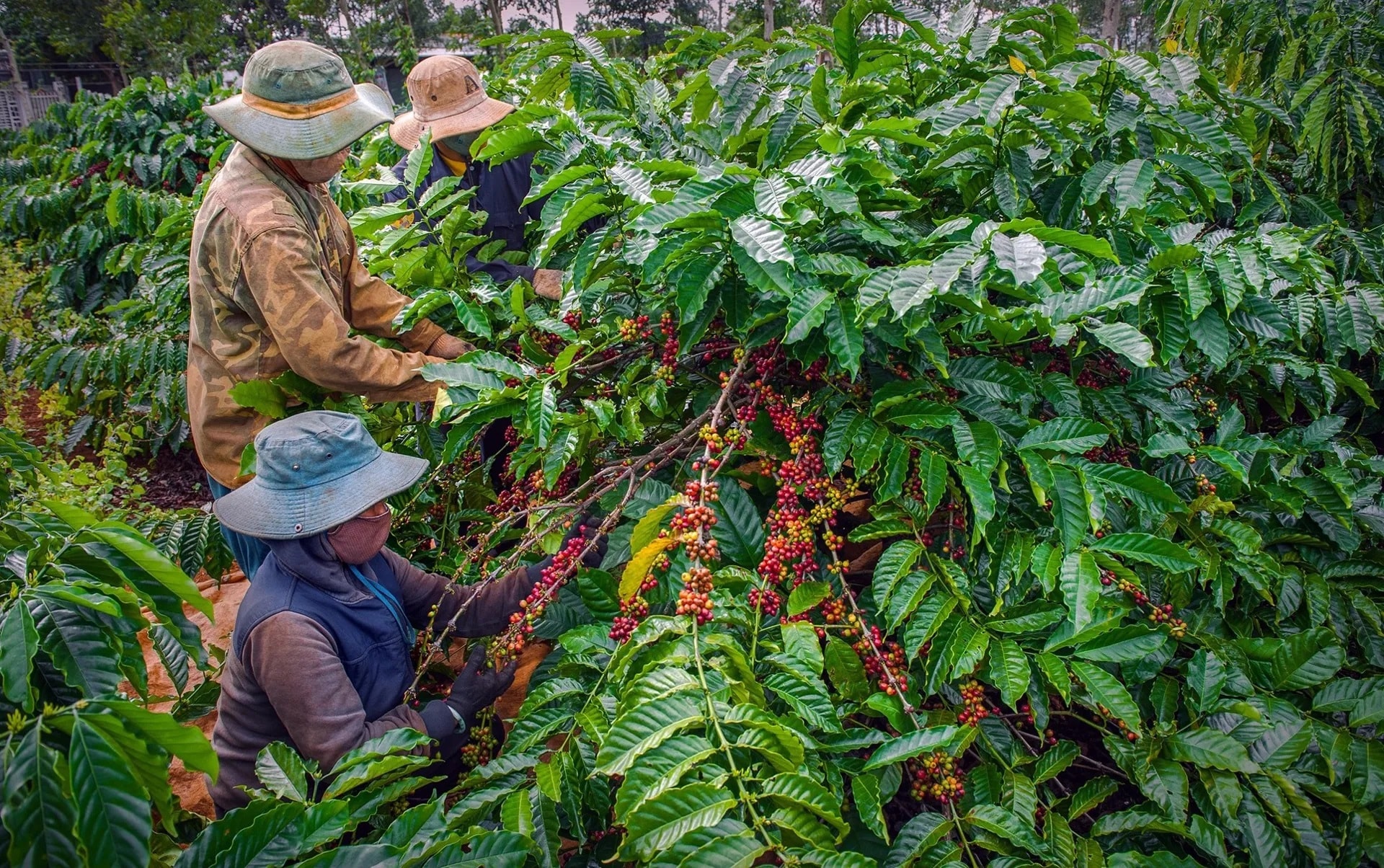
At the end of last week, coffee prices in the domestic market reached their lowest level in 16 months since March 2024 and decreased sharply from 6,000 to 6,300 VND/kg compared to the previous week.
Specifically, in Gia Lai and Dak Nong, coffee prices decreased by VND6,100/kg last week. Coffee prices in Dak Lak recorded a decrease of VND6,000/kg. Meanwhile, Lam Dong was the locality with the sharpest price decrease of VND6,300/kg.
Coffee prices in Vietnam continued to fall this week due to sluggish trading, Reuters reported, mainly due to the end of the harvest season while global supplies are recovering thanks to new coffee crops from Indonesia and Brazil.
World coffee prices today
On the London exchange, the online price of Robusta coffee futures contract for September 2025 delivery closed this morning's trading session on July 14 at 3,216 USD/ton, down sharply by 12.5% (461 USD/ton) compared to the trading session at the beginning of last week; the futures contract for November 2025 delivery decreased by 12.4% (447 USD/ton), down to 3,170 USD/ton.
Similarly, on the New York Stock Exchange, compared to the beginning of last week, the price of Arabica coffee futures for September 2025 delivery decreased by 1.1% (3.1 US cents/pound), down to 286.5 US cents/pound; the December 2025 futures contract decreased by 1.3% (3.7 US cents/pound), reaching 280.45 US cents/pound.
A trader in the coffee-growing region said major roasters are now buying cautiously due to concerns about the risk of tariffs from the US. Meanwhile, Vietnamese exporters are starting to take advantage of this time to lock in profits, bringing more inventory to the market, contributing to further price declines.
The arrival of coffee from Indonesia and Brazil has also put downward pressure on prices, adding to the market’s sluggishness. Some traders in the region said recent favorable weather with sufficient rainfall has helped support coffee supplies for the upcoming crop.
The most notable news of the past week was the decision by US President Donald Trump to increase tariffs to 50% on goods from Brazil, effective August 1. This development may help Arabica coffee prices increase slightly in the short term, but will negatively affect the market in the long term.
Brazilian coffee exporters are now looking to Asian and European markets if the US tariffs go ahead. Brazil is the world’s largest producer of arabica coffee, a variety often used in high-end products.
A Brazilian trader said the letter from the US threatening to impose a 50% tariff on Brazilian coffee had sent shockwaves through the industry. He said the US was Brazil’s main market and the move would have a strong impact on market sentiment.
Giuseppe Lavazza, chairman of Italy's Lavazza Group, warned that if the US increases tariffs on coffee from Brazil and Vietnam, coffee companies will find it more difficult to do business, while US consumers will have to pay higher prices.
According to analyst Oran van Dort from Rabobank, the market is expecting the Trump administration to consider exempting agricultural products that cannot be grown in the US, such as coffee and cocoa, from tariffs.
In 2024, Brazil accounted for 34% of US green coffee imports. If the new tariffs are fully implemented, coffee prices in the US will fluctuate dramatically. In addition to Brazil, robusta coffee producers such as Vietnam and Indonesia are also subject to tariffs starting in August.
The market is closely watching developments related to the possibility of the US exempting coffee from tariffs or reaching a separate trade agreement with major exporting countries such as Vietnam.
U.S. roasters will not be able to absorb the additional 50 percent cost of imports, while Brazilian exporters are unlikely to offer deep discounts, four sources told Reuters. That could force U.S. companies to source from other countries and force Brazil to divert exports to markets such as Europe or Asia.
A coffee producer in Brazil said his company has started looking for new customers in Europe. However, if U.S. importers stop buying coffee from Brazil, they will have difficulty finding alternative sources with good prices and similar volumes.
Broker Michael Nugent said the US could switch to buying coffee from Colombia, Honduras, Peru or Vietnam, but it would be difficult to get the low prices that it gets from Brazil. This would have a big impact on the trade balance and consumer costs in the US.
Source: https://baonghean.vn/gia-ca-phe-hom-nay-14-7-giam-cham-day-16-thang-thue-quan-50-cua-my-gay-soc-cho-gia-ca-phe-brazil-10302219.html



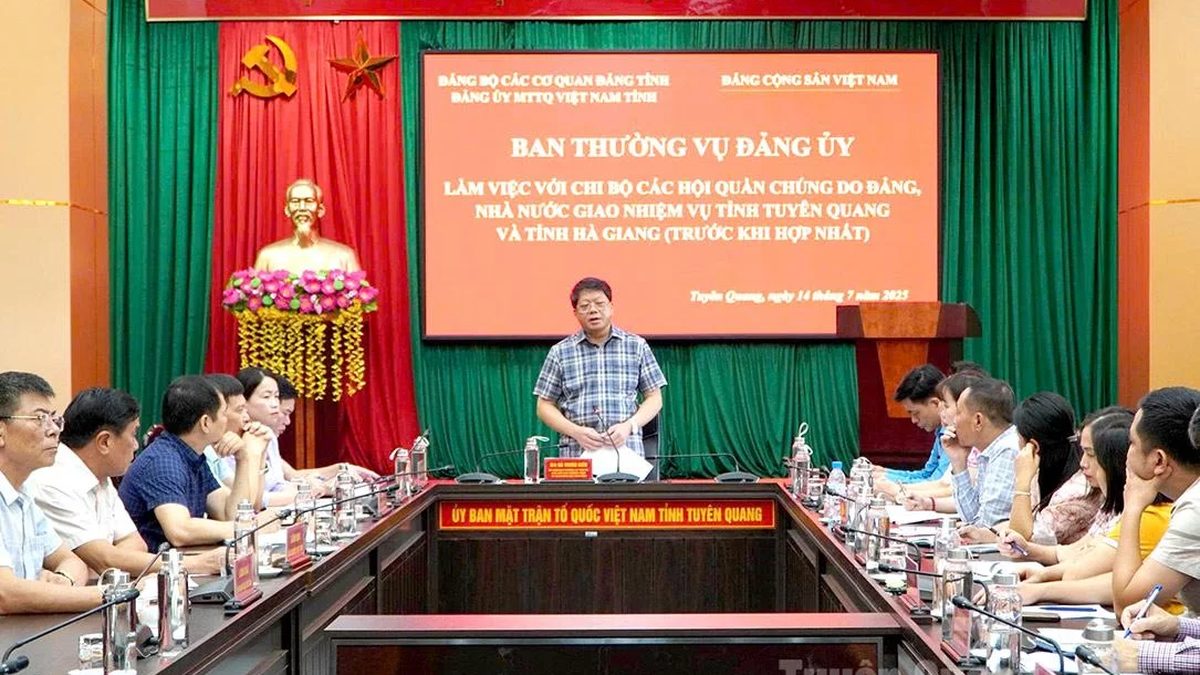

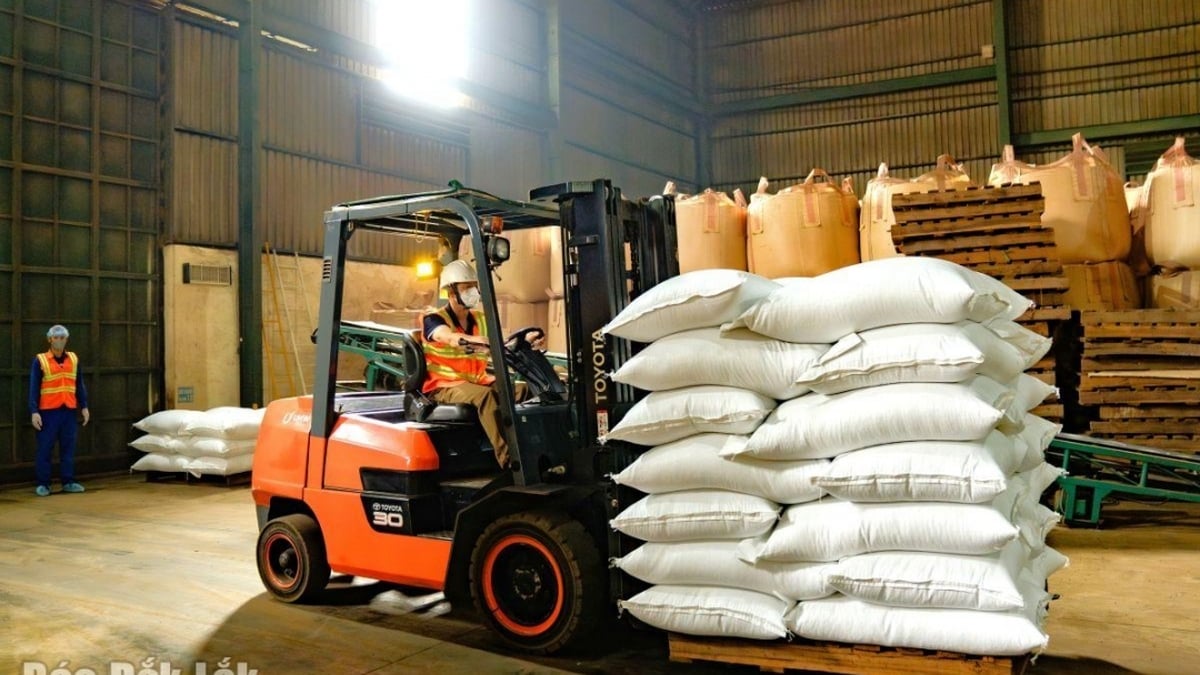

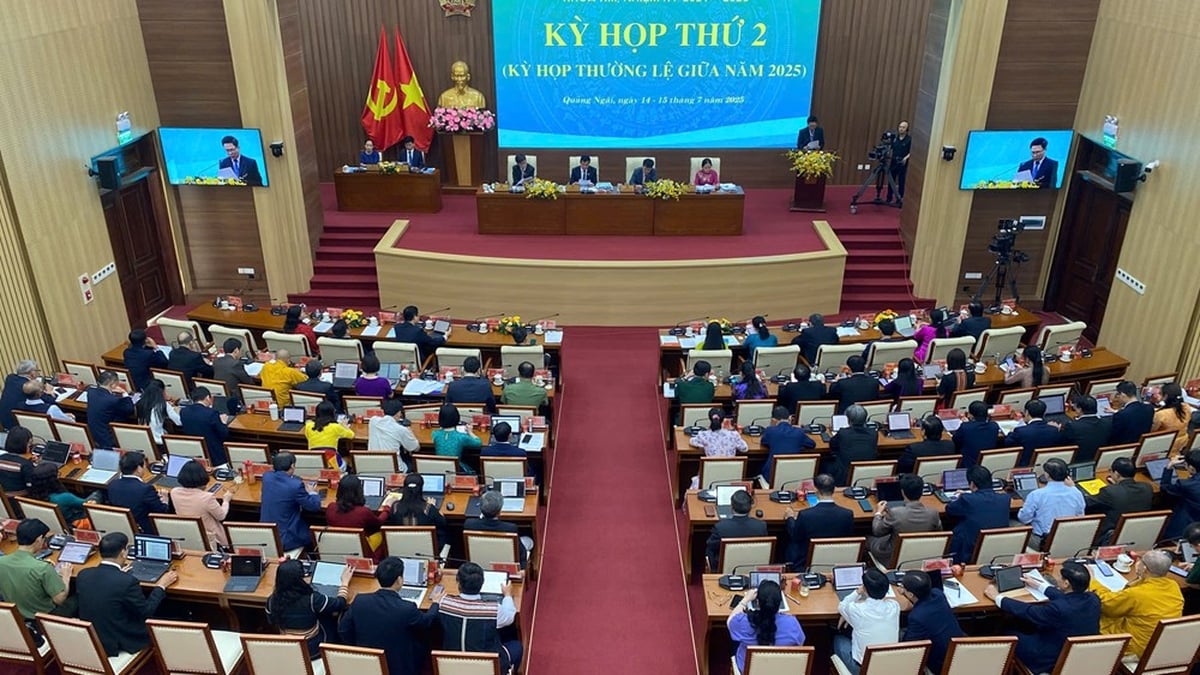

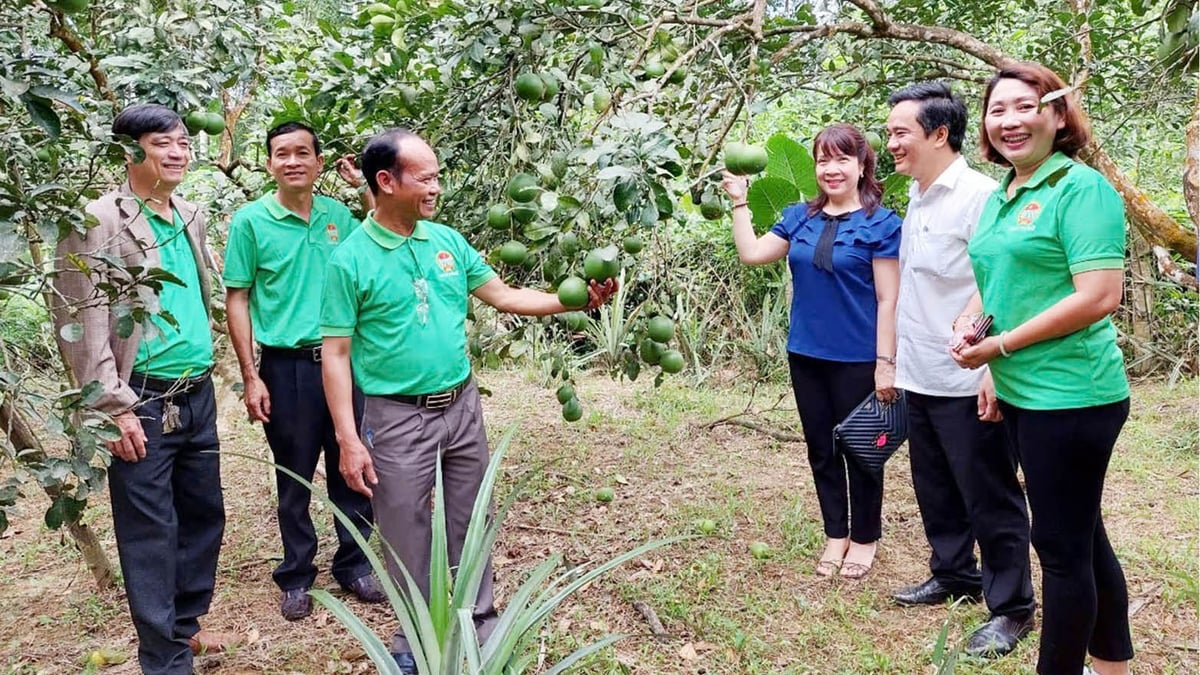












































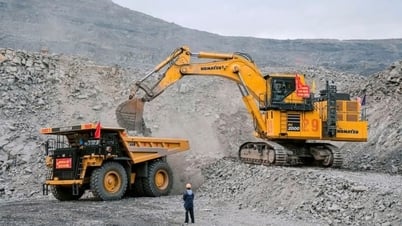



![[Maritime News] Treasury Department Targets Diverse Networks Facilitating Iran's Oil Trade](https://vphoto.vietnam.vn/thumb/402x226/vietnam/resource/IMAGE/2025/7/14/43150a0498234eeb8b127905d27f00b6)





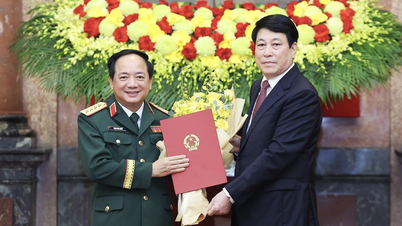





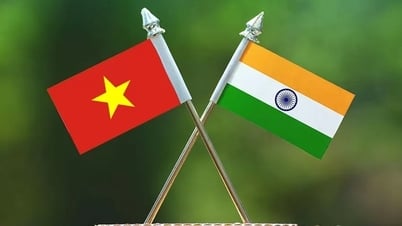

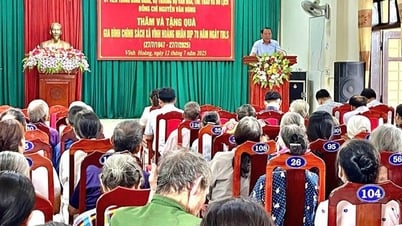



























Comment (0)